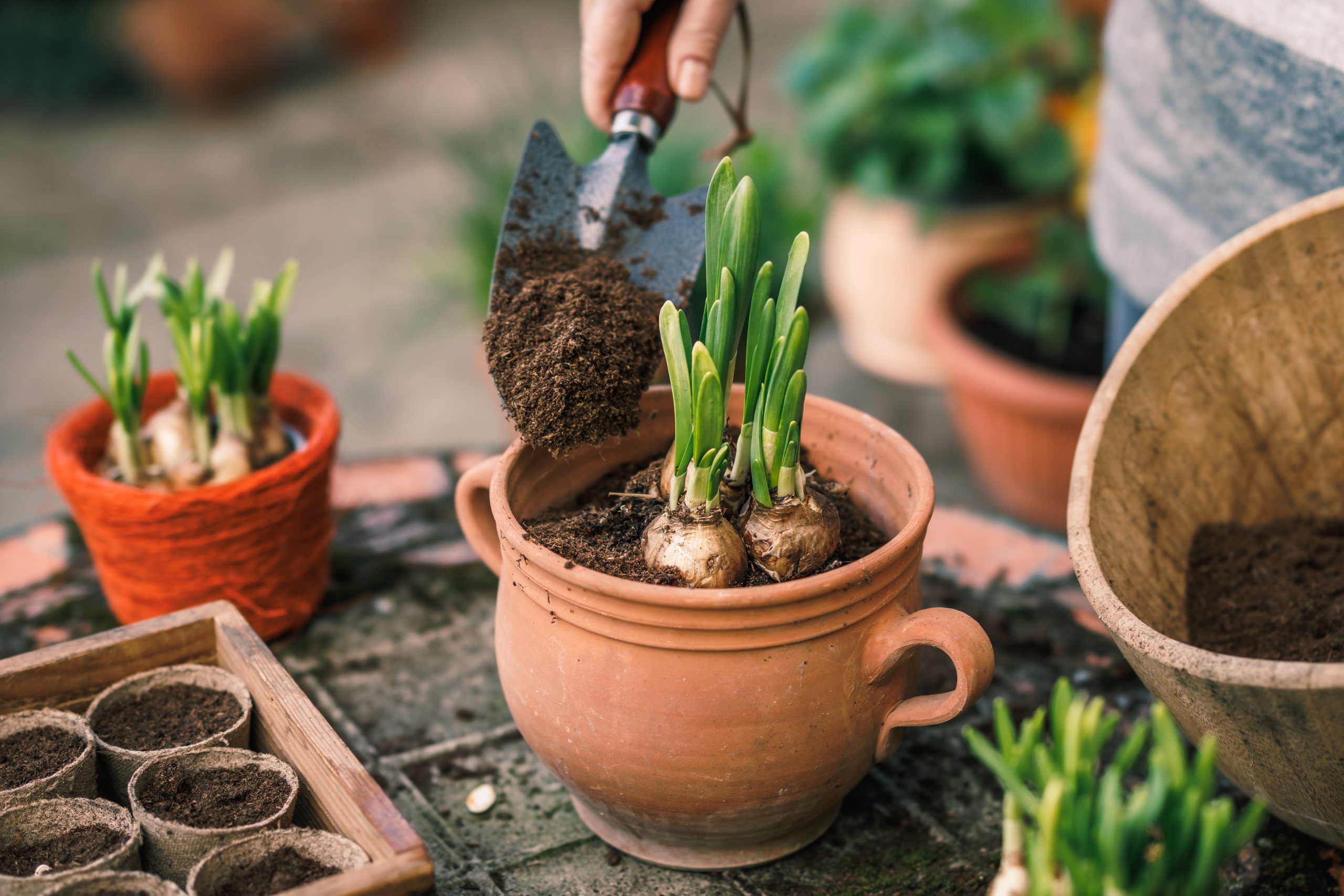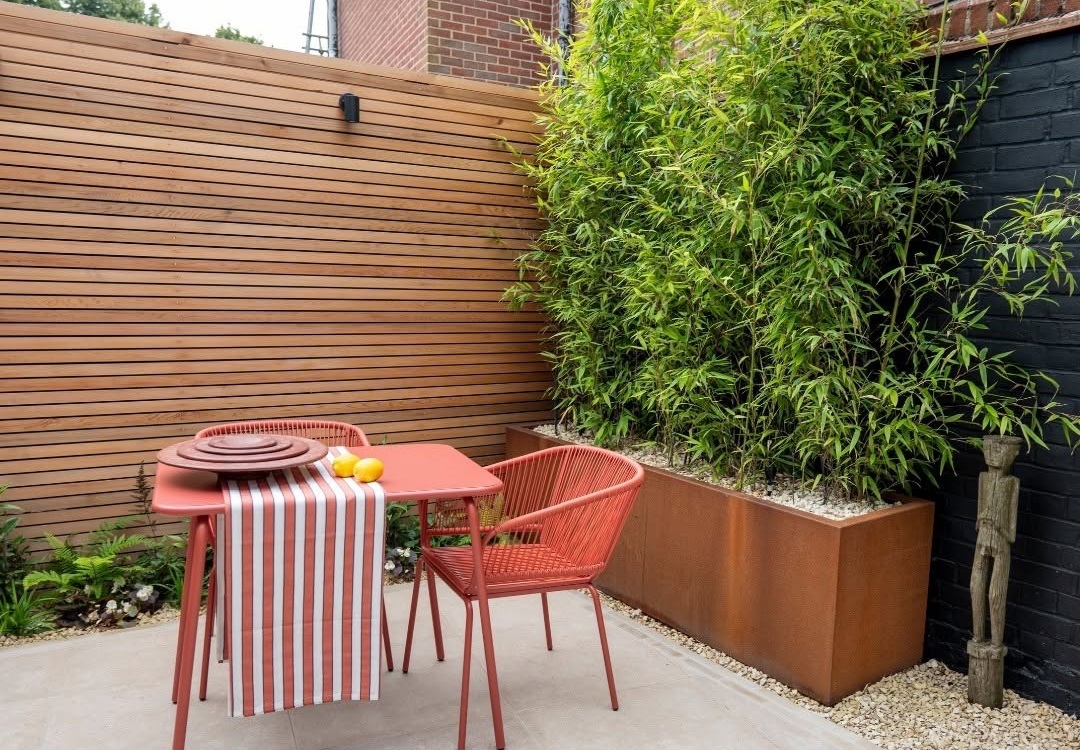World Nature Conservation Day 2025
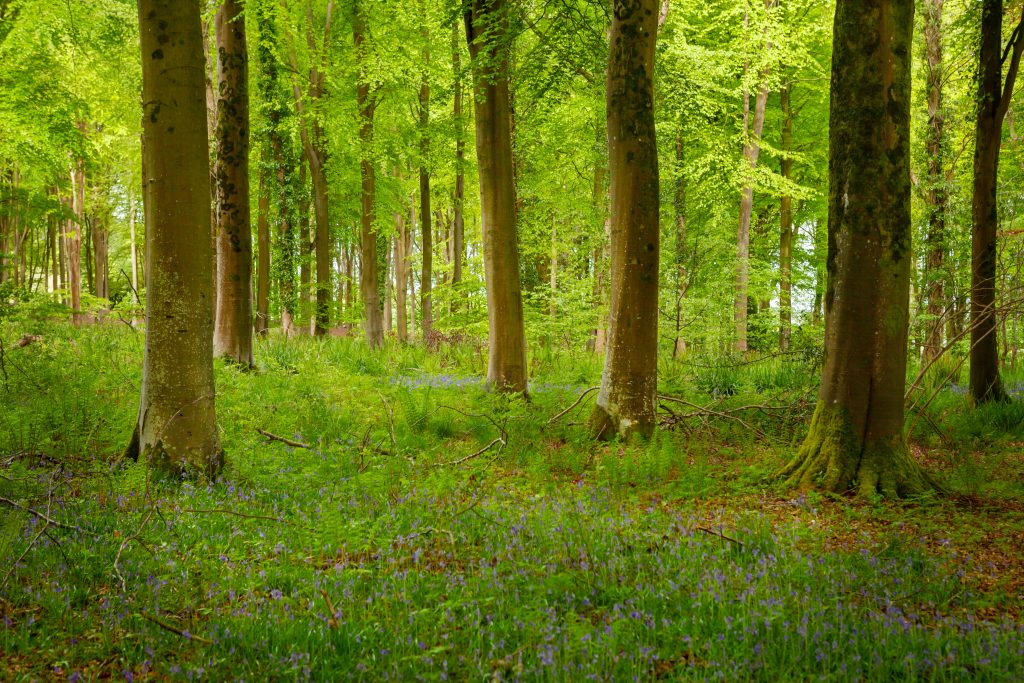
Observed every year on the 28th of July, World Nature Conservation Day is a global reminder of our shared responsibility to protect the planet’s natural resources. It highlights the importance of safeguarding water, soil, air, flora and fauna – and gives us a moment to think about how our choices, big and small, impact the natural world.
Why Nature Conservation Matters Now More Than Ever
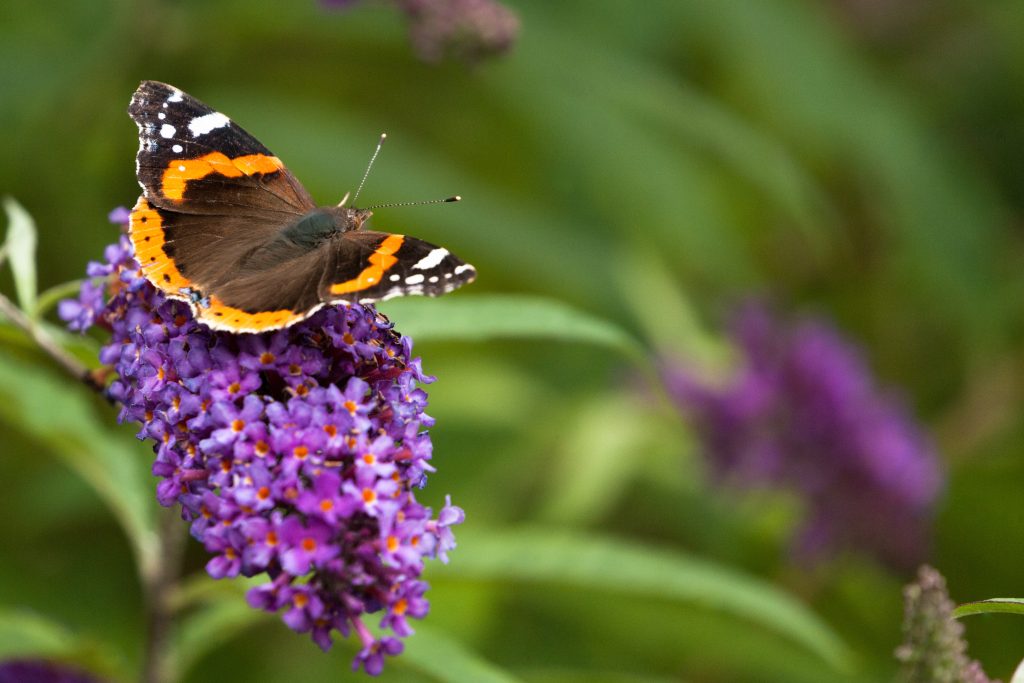
The natural world is under immense pressure. Climate change, deforestation, pollution and unsustainable land use have pushed many ecosystems to breaking point. Since 1970, global wildlife populations have declined by an average of 73% – a stark indication of how rapidly biodiversity is disappearing. Freshwater species are faring even worse, with populations down 85% over the same period.
An estimated one million plant and animal species now face extinction, many within decades, unless we act to reduce the drivers of biodiversity loss. These aren’t distant problems in remote places. They affect pollinators that keep our food growing (many of which you can support through simple planting choices), forests that filter the air we breathe, and wetlands that regulate flooding.
Ways We Can Push Back, Root First
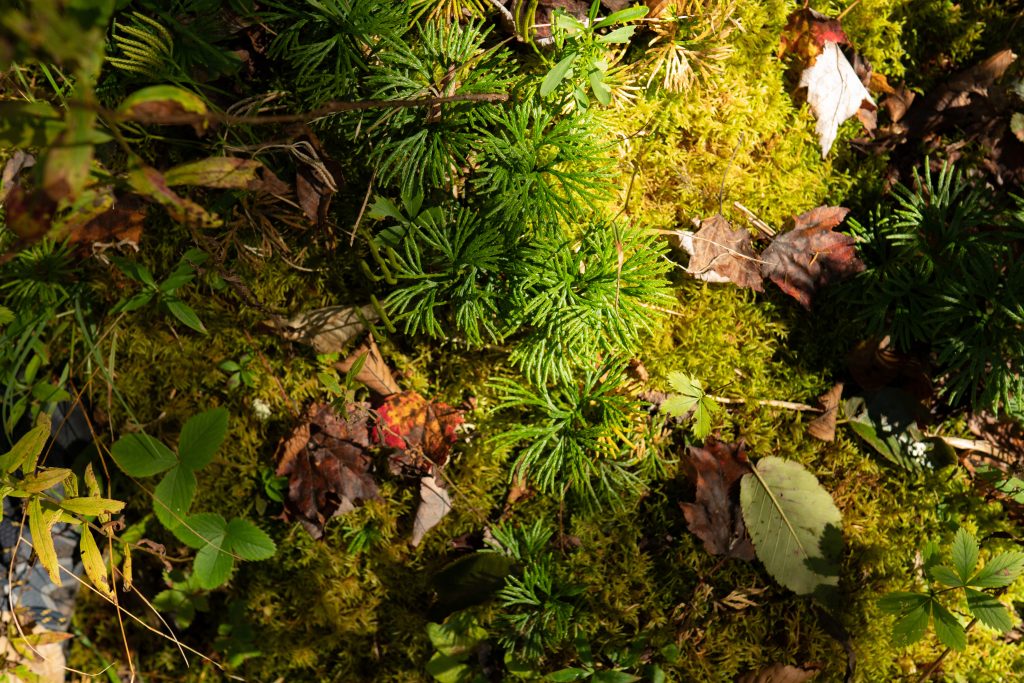
We wouldn’t be Round Wood if we didn’t look at nature conservation trees-first. Based in ancient East Sussex woodland, our work begins with a deep respect for the forests we rely on. From how timber is sourced to how every offcut is used, conservation runs through everything we do.
Managed Woodlands
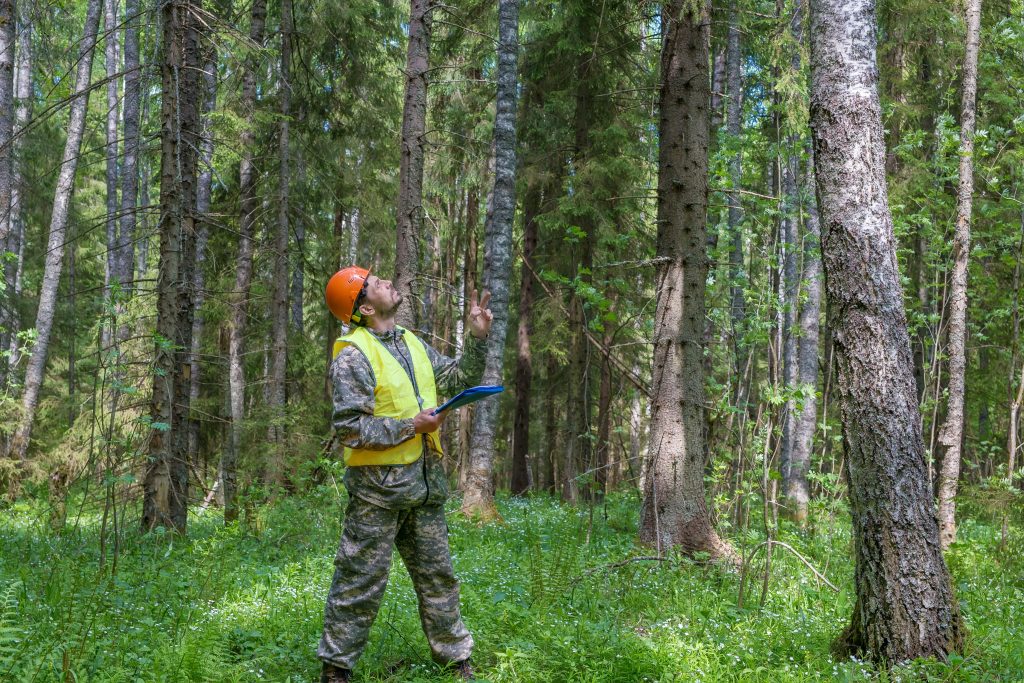
Managed woodlands are areas of forest cared for with long-term ecological and environmental goals in mind. Rather than being left untouched or heavily exploited, these woodlands are carefully stewarded to balance resource use with regeneration. Trees are selectively harvested, habitats are protected, and native species are encouraged to thrive.
This approach plays a crucial role in nature conservation. Managed woodlands support biodiversity by maintaining a rich mix of tree ages and types, which in turn provides shelter and food for birds, insects, and mammals. They also reduce the risk of over-harvesting, as timber is removed in a controlled way that allows the woodland to replenish naturally.
Our timber is sourced from responsibly managed forests, many of which are FSC-certified. This ensures that every beam or board has been harvested with a commitment to protecting ecosystems and supporting regeneration.
Responsible Timber Use
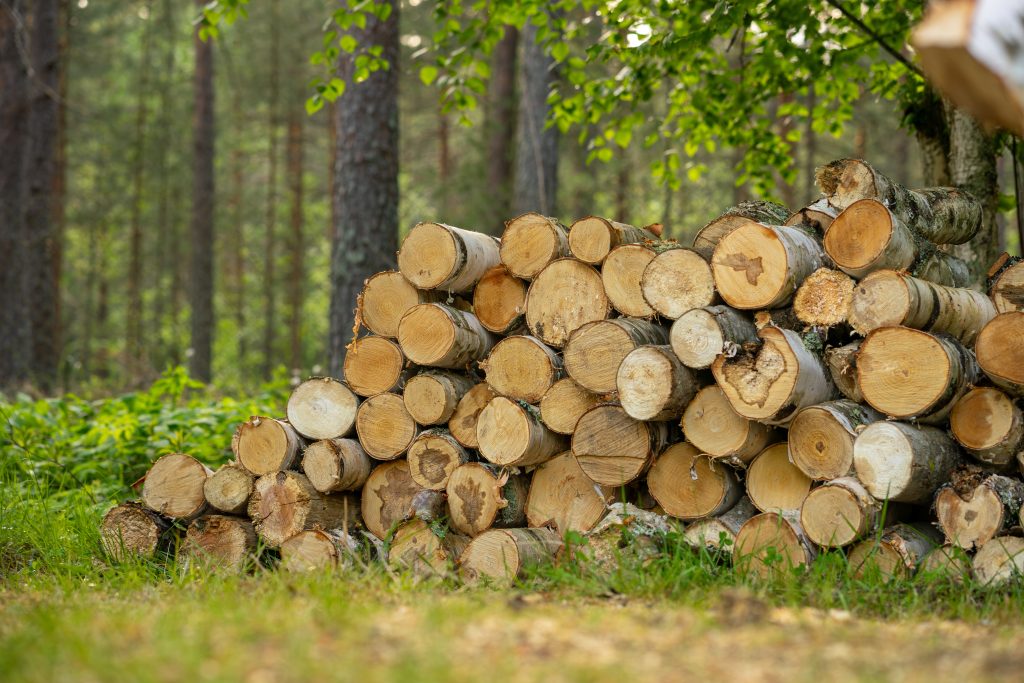
Timber offcuts and sawdust, which might otherwise be discarded, are repurposed into firewood and eco-nuggets in our workshops. These are used to fuel our biomass heating systems and power our kilns, creating a closed-loop system that makes full use of the material we work with.
This circular approach significantly reduces waste and lowers our reliance on fossil fuels. Rather than adding to landfill or drawing on external energy sources, we turn timber by-products into fuel. It’s a practical example of how traditional materials can be handled in a modern, resource-conscious way.
How You Can Support Nature Conservation
Supporting nature conservation doesn’t always require grand gestures. Many of the most effective actions start at home – and often, they’re surprisingly simple.
- Reducing single-use plastic is an easy first step. Swapping plastic planters for biodegradable or long-lasting alternatives, choosing reusable garden products, and cutting down on packaging all make a difference.
- Encouraging local biodiversity is just as impactful. Planting wildflowers, letting parts of your garden grow naturally, or installing a small water feature can create a safe place for bees, birds, and other wildlife.
- When updating your home or garden, consider reclaimed or sustainably sourced materials. These reduce demand on raw resources and tend to carry more character and longevity.
- Take a moment to learn about where your materials come from. Whether it’s timber, stone, or soil conditioner, understanding its origin helps you make more informed, environmentally sound choices.
Every decision matters – and the more intentional we are, the better chance we give nature to prosper. Conserving water is another key way to reduce environmental impact at home.
Our Shared Responsibility This World Nature Conservation Day
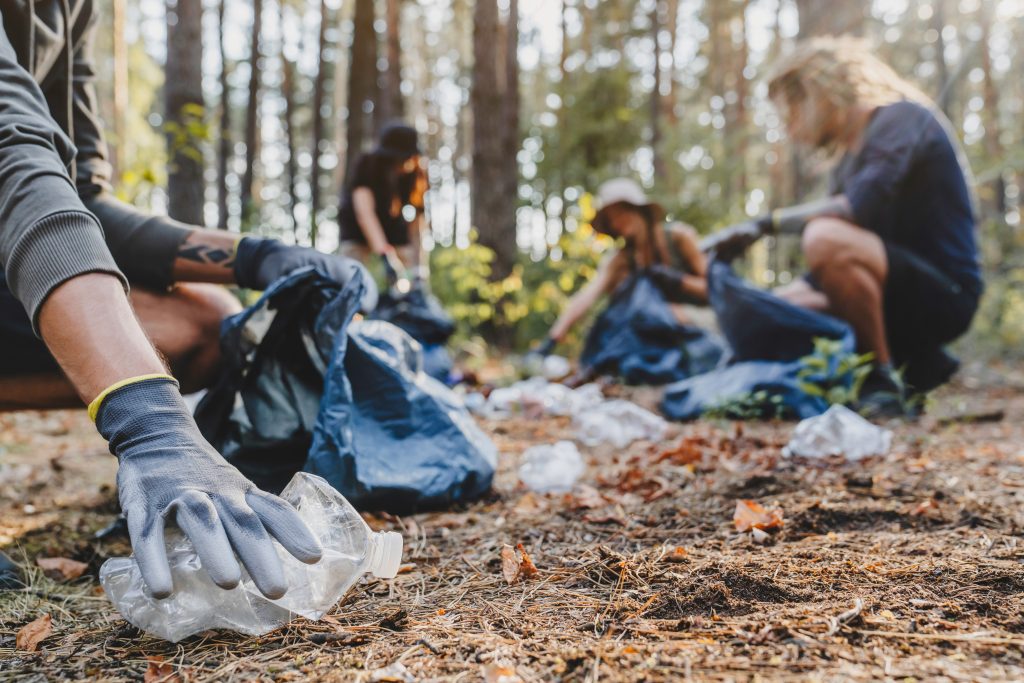
Nature conservation is a collective effort. At Round Wood, we aim to work in sync with the natural world we share, and we know many of our customers feel the same. Every conscious choice, no matter how small, adds up. By staying informed and thoughtful in how we live and build, we all help protect the natural world – today and for the generations still to come.


